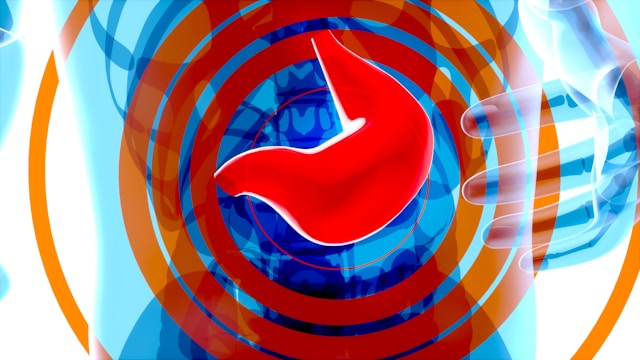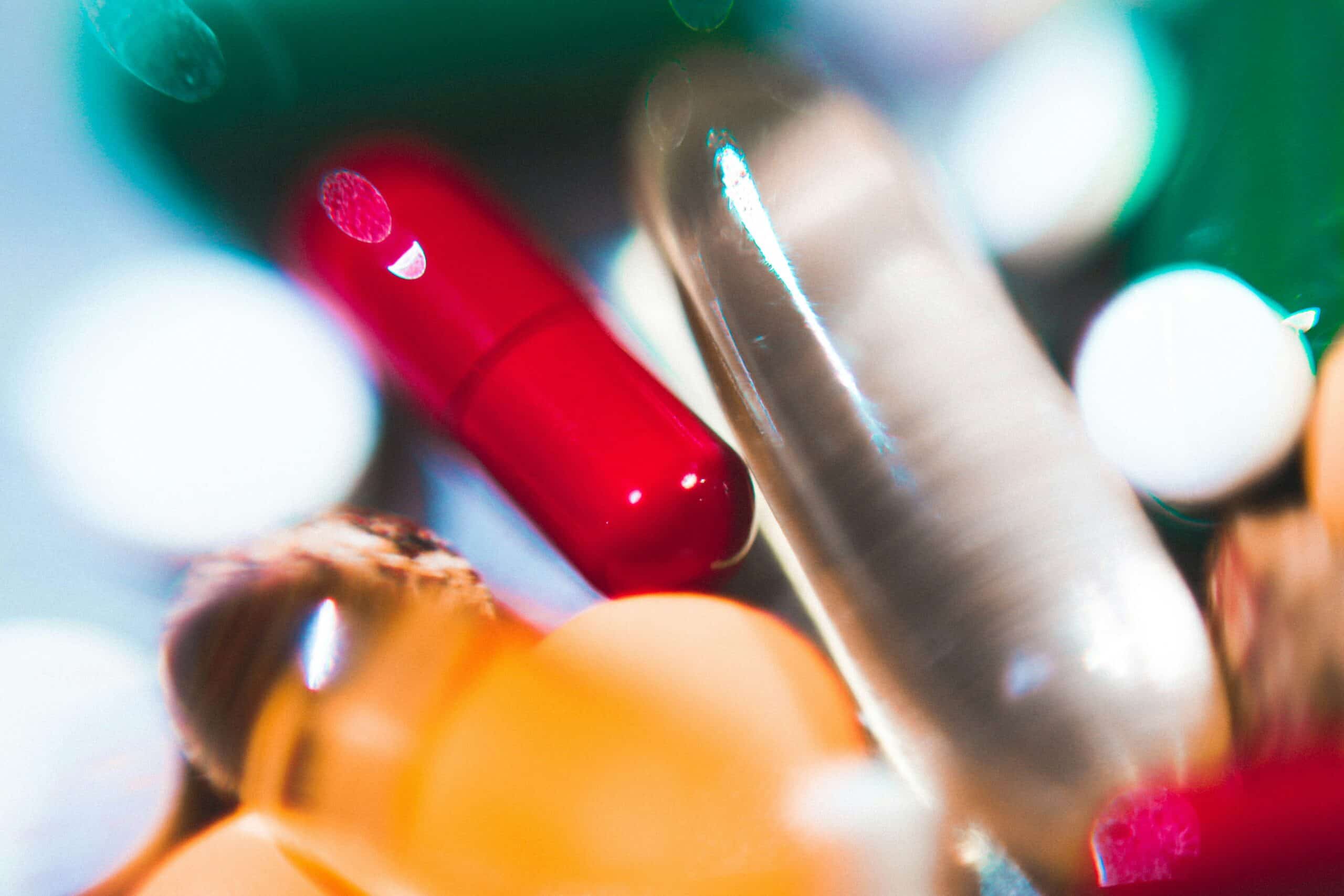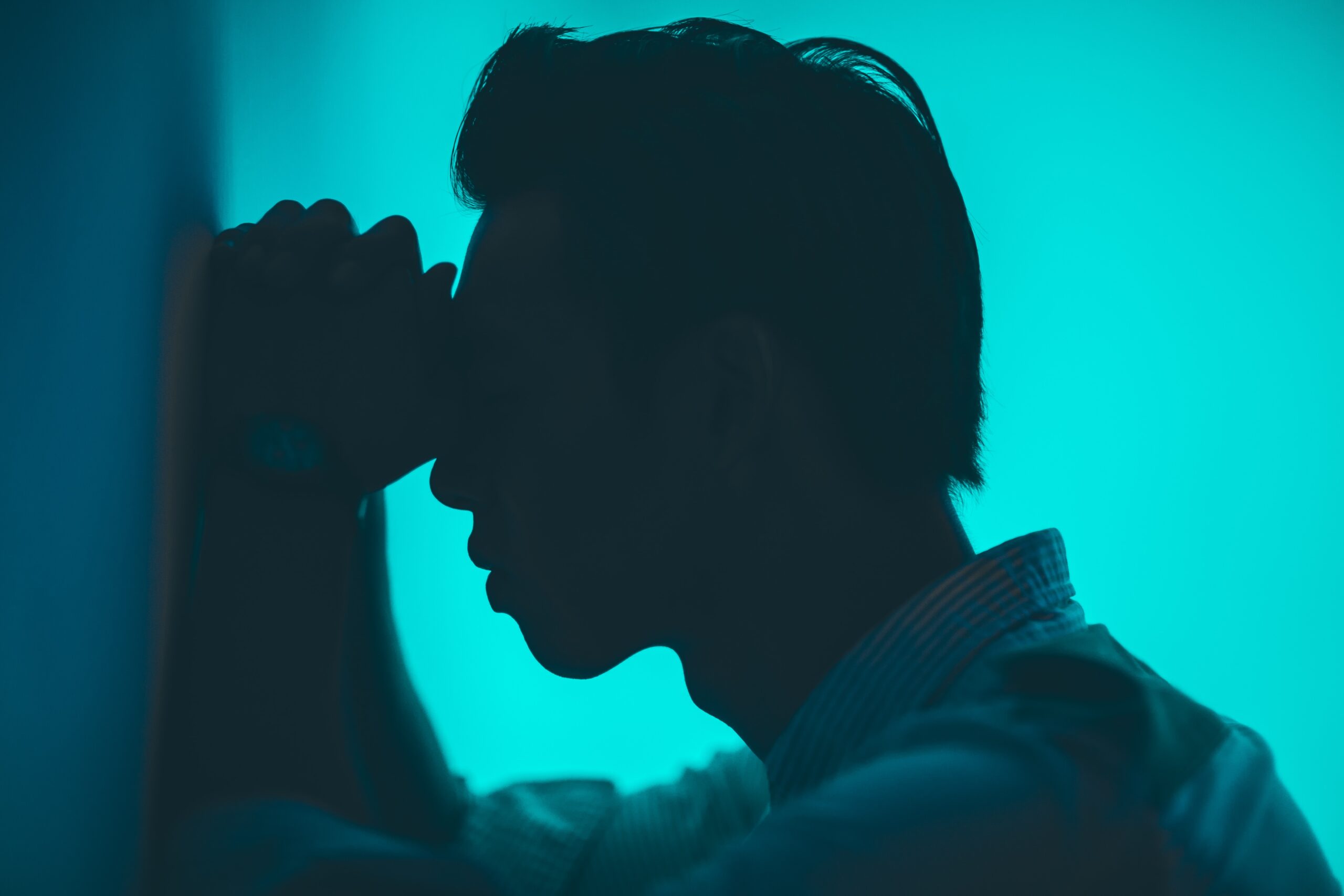Drugs and Driving
Many teens end up taking drugs because their friends pressure them into it. They may feel that they will be left out if they don’t participate when everyone else is doing drugs. Even more dangerously, they may drive while still under the influence of drugs. Drugs affect our judgment, perception, reflexes and other abilities in many different ways. Remember that even prescription drugs can have strong effects on our minds and bodies. It is for this reason that many medications warn people not to operate vehicles while consuming them. Despite this, many drugged drivers mistakenly insist that they feel fine enough to drive. The best way to avoid drugged driving is by not taking drugs at all. If you do encounter someone on drugs, don’t allow them to drive. Instead, offer to drive if you are sober, call a taxi or take a bus.
Alcohol and Driving
For many teens, being able to drink alcohol seems to symbolize the fact that they are growing up. However, the hard truth is that it is illegal to drink if you are still under 21 years of age. Underage drinking can result in a fine and, in some cases, jail time. If you are of age, there is a big difference between enjoying alcohol responsibly in a legal manner and bingeing on alcohol or drinking and driving. Alcohol affects everybody in a different way, based on individual tolerance and physical build. For example, a small female might feel much more drunk after two drinks than a tall, muscular male. Drunk driving accidents can cause permanent physical damage and result in death. Driving while intoxicated should never be an option.
Distracted Driving
Even if you are not impaired by drugs or alcohol, there is another factor that can cause unnecessary accidents: distracted driving. Think about how many times you or other drivers have driven while talking on a cell phone, texting or being distracted by passengers in the car. Some drivers only pay half attention to the road because they are busy applying makeup, unwrapping a hamburger, setting details on their GPS or changing the radio station. You might only take your eyes off the road for a split second, but that’s all it takes to fail to see a car suddenly cutting into your lane or a child darting across the street. Another factor that causes accidents is when people drive even though they are tired. If you are tired, take a break from driving or don’t get in the car in the first place. It is better to pull over on the side of the road, lock the doors and even nap for a little while rather than continue to drive and endanger yourself and others.




